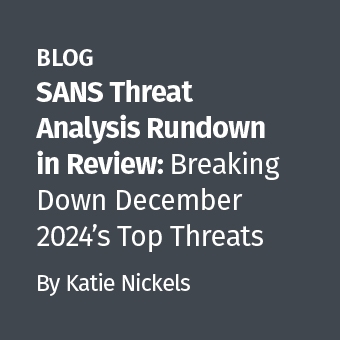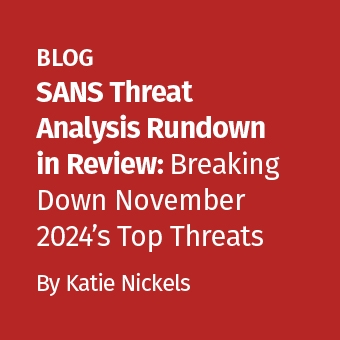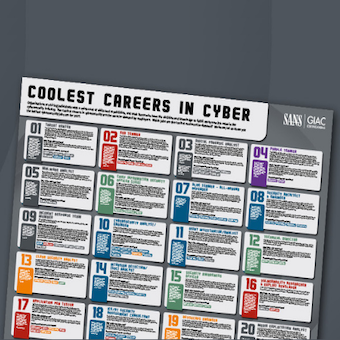Must digital forensics evidence be collected and evaluated only by a professional holding a license issued by the state where the work is performed? Answer this question incorrectly, and a litigant could unexpectedly lose a lawsuit.
In November, a state court held that the company operating an automated traffic-light enforcement camera had violated Texas law because it lacked a license to conduct business as a private investigator. As the administrator of the system, the company gathered and assessed digital data for use in judicial and administrative proceedings. That work requires a license under a new state law, said the judge.
This case has ignited a statewide firestorm, where vehicle owners (e.g., Jim Ash, resident of College Station) are objecting to traffic citations, seeking reimbursement of fines and lambasting public officials who tolerate photographic traffic enforcement.
Vehicle owners maintain that the computer evidence against them should be tossed out because it was administered by an investigator who lacked the necessary license.
The controversy is an unintended consequence of recent Texas legislation forcing IT forensics professionals to secure private investigator licenses . . . Continue Reading
-Benjamin Wright
Ben Wright is a senior instructor for legal courses at the SANS Institute. Ben, recognized the world over as one of the leading lawyers in e-commerce, is the founding author of The Law of Electronic Commerce, a comprehensive book on the legality of electronic transactions and computerized business records. Since 1988, Wright has delivered over 500 speeches on e-commerce, privacy, records management, and computer security and been quoted in publications around the globe, from the Wall Street Journal to the Sydney Morning Herald.





